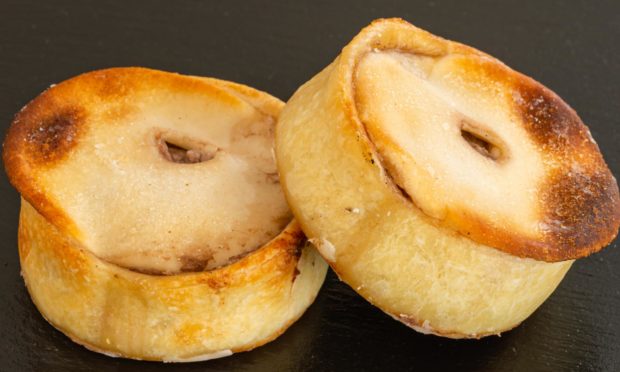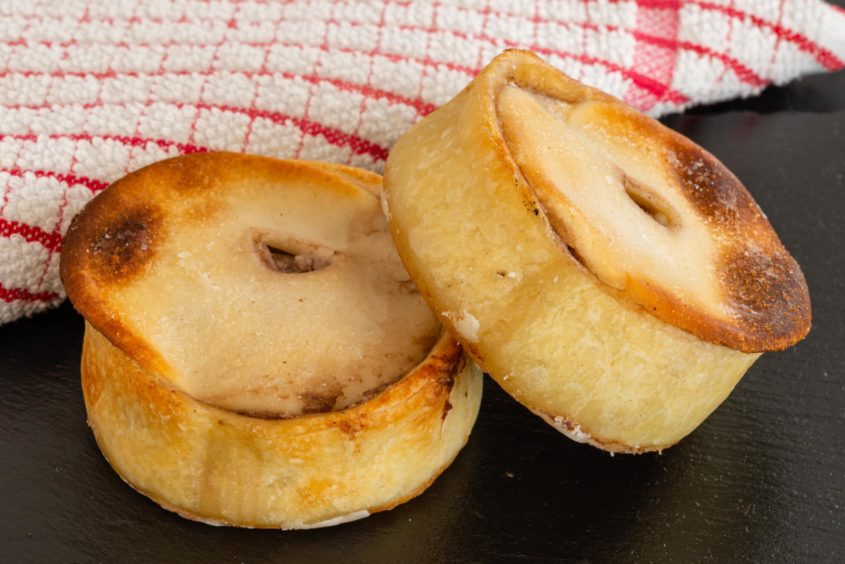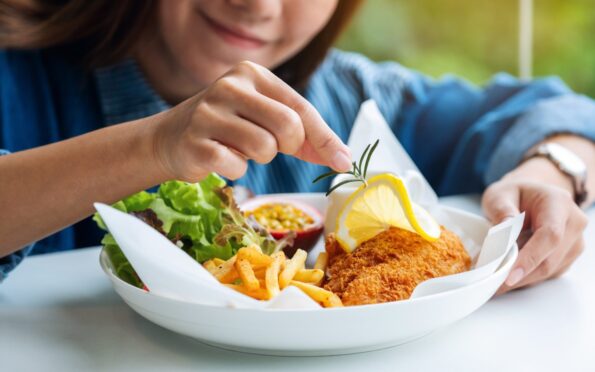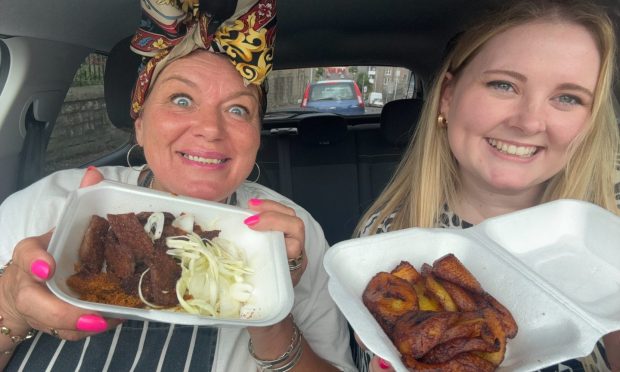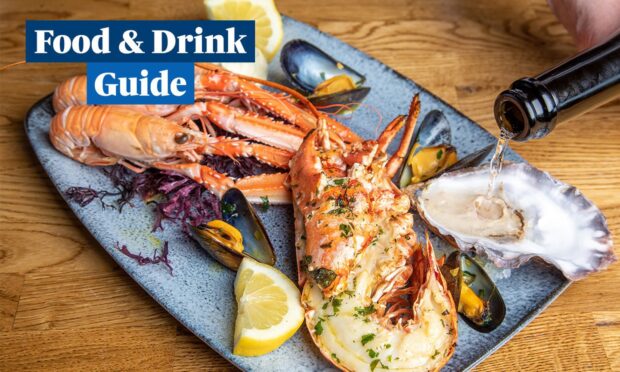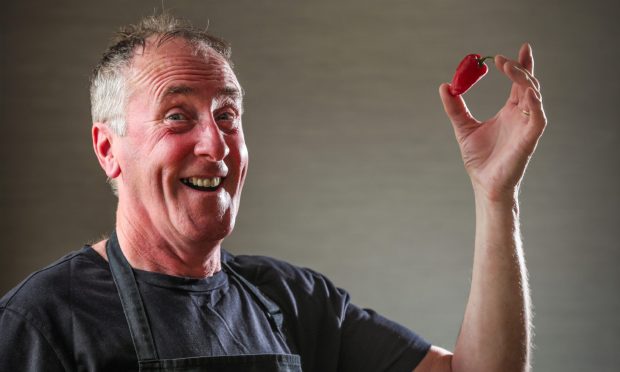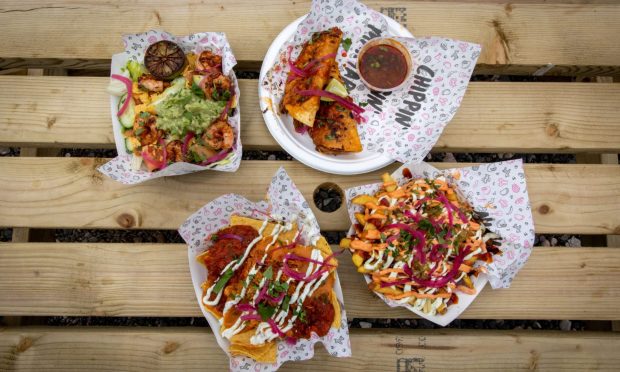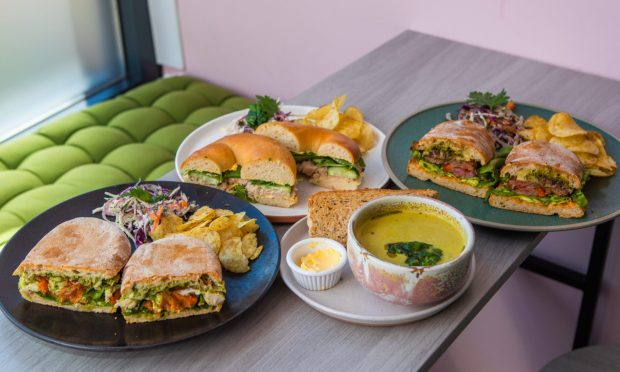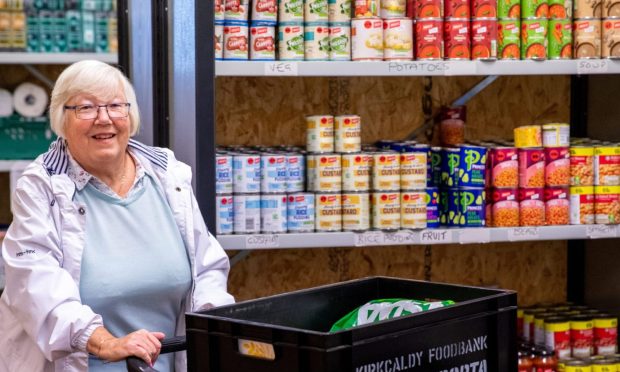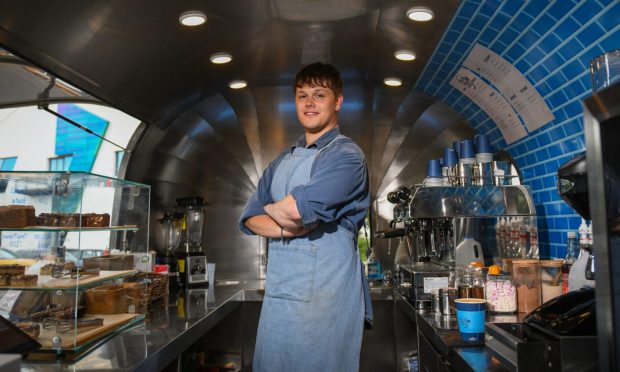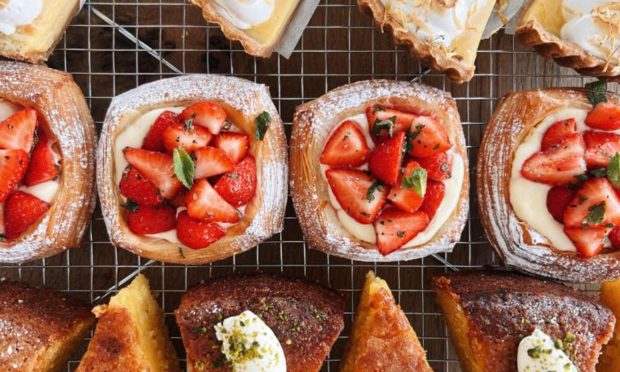There was confusion over how the new coronavirus restrictions on takeaways affect bakers – in particular, for instance, the sale of hot and cold pies.
The national body for bakers has had to provide clarification to its members on what the announcement regarding Covid-19 restrictions on takeaway food actually means for businesses.
Taking to the social media platform Twitter, Scottish Bakers chief executive Alasdair Smith stressed how important food to go is to the country’s bakers and questioned what the difference was between selling a cold pie and a hot pie from a shop.
While it seemed apparent from the new restrictions that you could walk into a bakery and buy a cold pie as an essential grocery item, if you wished to purchase a hot one, you would have to wait for it outdoors.
The transaction involving the hot pie, it seemed under the new rules, would be a hot food takeaway, therefore meaning customers would have to be served outside.
‘Not viable’
Mr Smith added that throughout the Covid-19 pandemic, Scottish Bakers members had been on point when it came to safety measures – and said there had been no evidence to suggest they had contributed to the spread of the virus.
He tweeted yesterday: “We’ve still not been able to get clarity for @ScottishBakers members on what the @ScotGovFM announcement on takeaway means. Food to go is a vital part of our members’ offer. Take that away and some individual businesses are not viable.
“@Scottishbakers members take their Covid-safe responsibilities very seriously. They have invested significantly to make their businesses Covid-safe and demonstrated they can operate safely: we’re frustrated that no evidence to the contrary has accompanied this announcement.
“The irony is that as things stand it may be possible to visit a @ScottishBakers member’s shop to buy a couple of cold Scotch Pies, but not hot ones – there is no real difference in between these transactions.”
3/The irony is that as things stand it may be possible to visit a @ScottishBakers member's shop to buy a couple of cold Scotch Pies, but not hot ones – there is no real difference in between these transactions.
— Alasdair Smith (@Scot_BakersCEO) January 13, 2021
First Minister Nicola Sturgeon announced yesterday that, from Saturday (January 16), customers will no longer be permitted to collect food takeaways or coffee indoors. Instead, they should pick up food and drinks either via a hatch or doorway. Food deliveries can continue as before.
Scottish Bakers, which represents the interests of bakery businesses in Scotland revealed today they had been finally given confirmation that bakeries, whose primary function is the retail sales of baked goods, can continue to trade as a key part of the food retail sector during the present time.
Wellbeing
These bakers will be able to remain open with no need to change their business models. The industry body says the provision of freshly crafted morning rolls, bread, pies and sweet treats is vital to the nutrition, health and wellbeing of the nation.
However, Scottish Bakers added that businesses that are predominantly focused on the sale of hot food or sandwiches to go rather than providing a wider range of produce must comply with the new rules around customers not being able to enter the premises when placing or collecting orders by serving customers at their premises’ doors.
The organisation added that this will be done in “a Covid safe way”, but it will severely restrict footfall and many bakers will have to weigh up their commitment to the communities they serve against the economic impacts of fewer customers being able to access their products.
Damaging
Alasdair Smith, chief executive of Scottish Bakers, said: “The situation with the pandemic is dynamic and we understand the desire of the Scottish Government to limit movement as far as possible.
“But these new restrictions will further damage revenue and, indeed, amongst our membership, we are already seeing many community bakers confirming that they will close for the duration of this restriction due to near impossible trading conditions it creates.
“This is beyond disappointing as our members have throughout this crisis shown great resilience and carried on baking and serving their communities safely and well since March. To see them struggle under these new conditions is a bitter blow.
“However, for bakeries whose business is primarily the retail sales of baked goods, these businesses are able, within the law, to remain open and I would urge enforcement authorities including the police, regulators including environmental health, and the public to recognise that this is the case.
“If your baker is open for business, it is because they are allowed to be open and they should be supported in their desire to support their customers through these trying times.
“Local high street bakers also provide a vital lifeline to the communities they serve. Particularly in rural areas where, since March, local bakers have been providing home delivery and click and collect services supplying a range of basic items alongside freshly baked goods for the most needy and isolated.
“If these businesses cannot make ends meet by operating a ‘through the door’ service then communities will suffer.”
A Scottish Government spokesperson said: “We have been in contact with trade representatives and clarified how the rules apply – for bakeries we have made it clear the new rules apply where the primary purpose of the business is takeaway and have enabled the flexibility for businesses to make that decision based on the primary source of their income.
“For lockdown to be effective, we must reduce the number of interactions we are having and stay at home. The measures announced yesterday are fundamentally about limiting non-essential contact – we know the virus transmits when people come together, especially in indoor environments and therefore we have to reduce, as far as possible, the places where they do so.”
